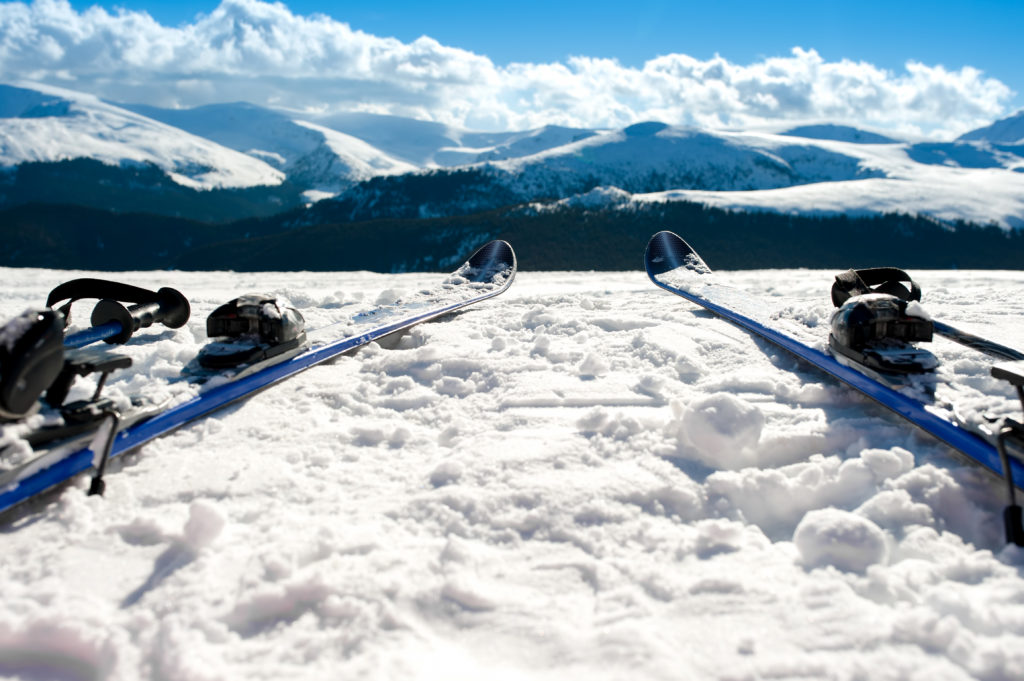How to Properly Store Winter Equipment

Skis and equipment on mountain slope in winter season. Winter landscape with snow and mountains
Imagine waking up on the first day of winter, all ready to go outside and enjoy the snow, but you realize your winter gear is nowhere to be found. This nightmare can be easily avoided by following some tips on how to properly store winter equipment.
- When storing winter gear, always use proper packaging. This means using plastic bags or airtight containers to keep the moisture out. Cardboard boxes are not recommended as they can absorb moisture and cause your equipment to rust.
- Never store winter gear directly on the ground. This will cause it to get wet and dirty, which will shorten its lifespan. Instead, invest in some storage racks or shelves so your gear can stay off the ground.
- Always clean your winter gear before storing it for the offseason. This will prevent any dirt or grime from building up and causing damage. Be sure to completely dry your gear before storing it as well, as moisture can lead to rusting and other problems.
- When storing winter clothes, always fold them rather than hanging them. This will prevent them from getting wrinkled or stretched out of shape. If you must hang winter clothing, use padded hangers to avoid damaging the fabric.
- If you’re not using it, store it in a dry place. This means your basement is probably not the best place to store your skis and snowboards. The humidity in basements can cause your equipment to deteriorate over time. A better option would be a self storage unit where you can control the climate.
- Check on your winter gear periodically during the offseason. This will help you catch any problems early on so they can be fixed before they cause serious damage.
- When it’s time to bring your winter gear out of storage, do it slowly and carefully. Sudden changes in temperature can damage your equipment, so take things out gradually and allow them to adjust to the new environment before using them.
- Always inspect your winter gear before using it. This will help you catch any damage that may have occurred during storage so it can be repaired before it causes further problems.
- Be sure to follow the manufacturer’s recommendations for storage and care of your winter gear. This will help ensure that your gear stays in good condition for years to come.
When in doubt, consult a professional. If you’re unsure about how to properly store or care for your winter gear, don’t hesitate to ask a professional for advice. They can help you find the best solution for your particular situation.
By following these simple tips, you can rest assured that your winter gear will be in good condition when you need it most. So next time winter




